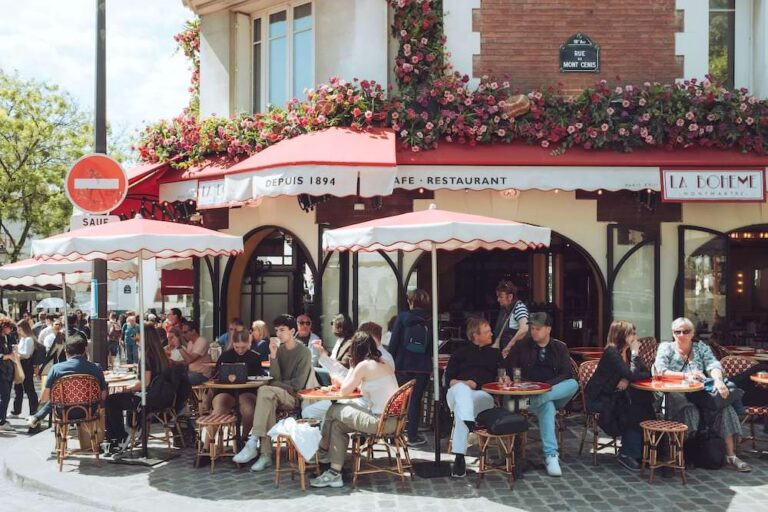que vs ce que
In French, the words que and ce que both translate to “that” or “what” in English, but they function differently in sentences. 1. “Que” as a Relative Pronoun Que is a relative pronoun that refers to a previously mentioned noun (the antecedent) and acts as the direct object of the relative clause. It can refer…









